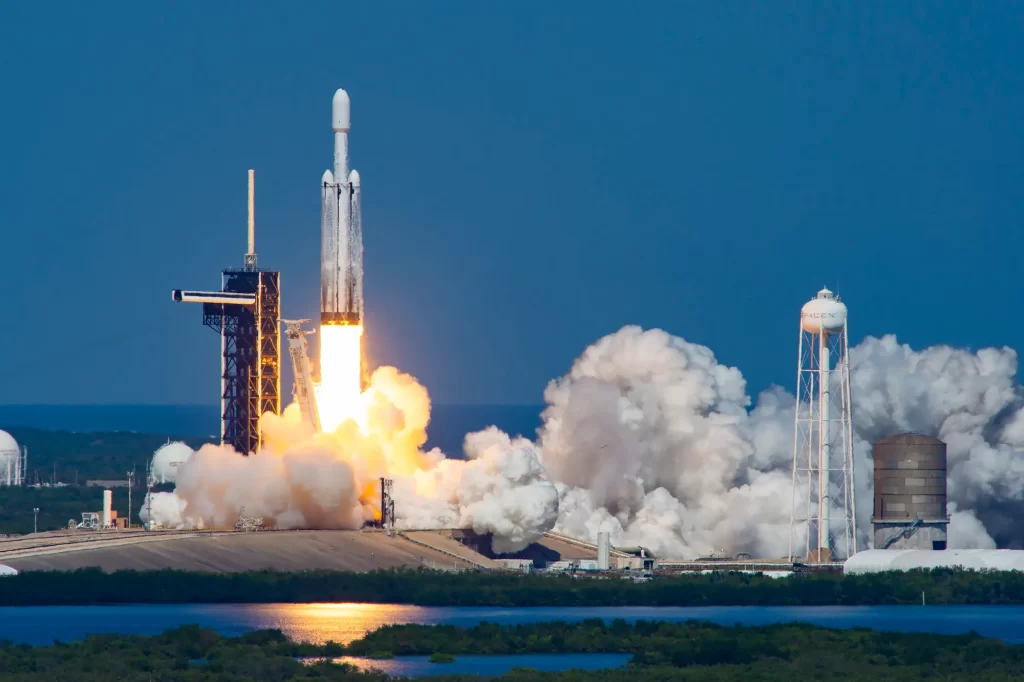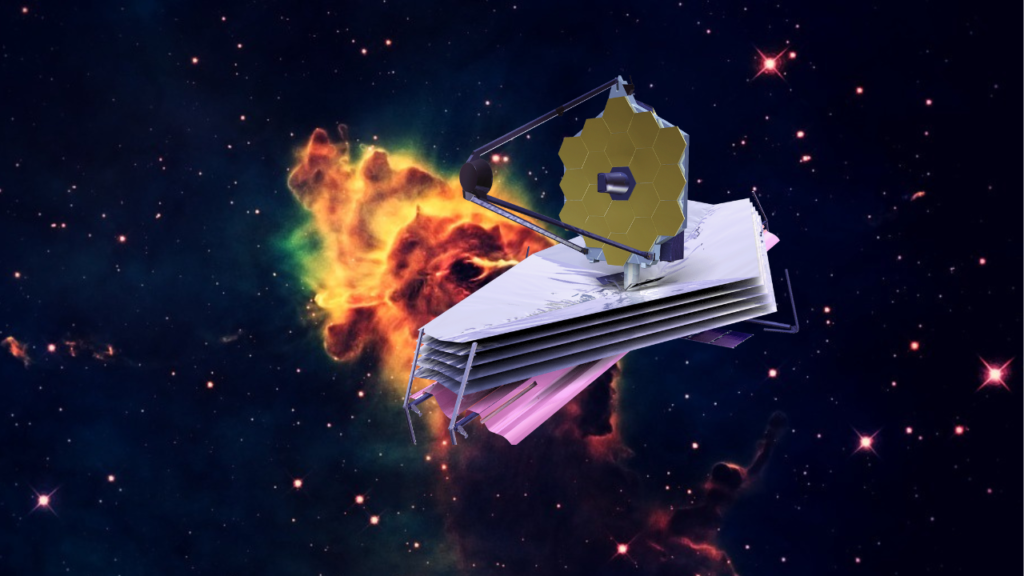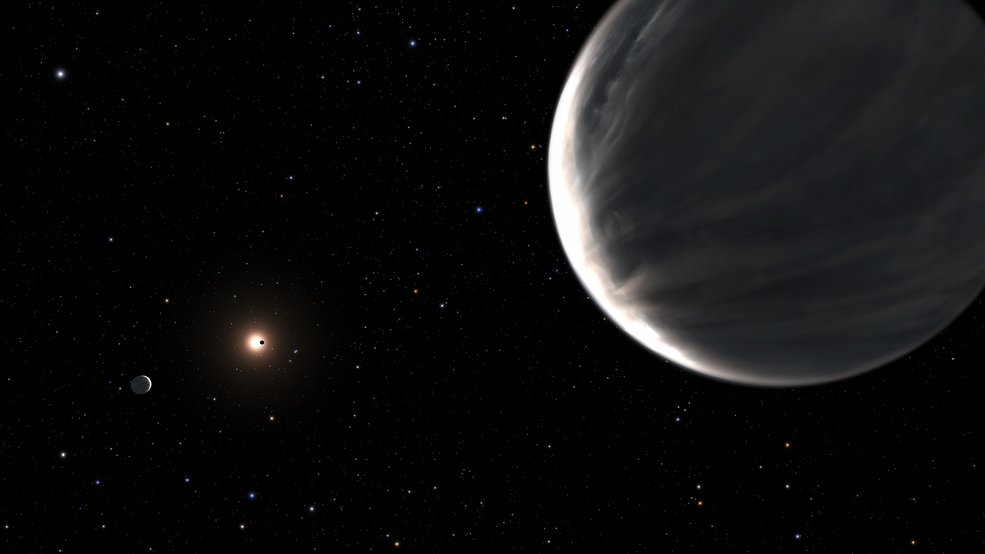About 42,231 African names have been sent to space aboard the National Aeronautics Space Administration (NASA’s) Europa Clipper Mission, a stellar journey to study Jupiter’s most interesting moon, Europa. SpaceX launched the mission on a Falcon Heavy rocket on October 14, 2024, at the Kennedy Space Center in Cape Canaveral, Florida, USA.
53 of the 54 African countries participated in the names submission exercise, representing close to 100% African participation in the programme. This highlights the growing interest on the continent to participate in astronomy and space science initiatives that fuel their ambition of connecting with the cosmos. In addition, this exercise inspires Africa’s next generation of scientists, engineers and explorers to reach for the stars and contribute to the global space community. Countries with little or no footprint of space programmes and initiatives also participated, highlighting the vast potential of astronomy as a backdrop to attract non-space fairing nations to participate in the global space economy.
The leading African contributor to the list was South Africa, which submitted 13,192 names. Subsequently, Egypt followed with 4,889, Kenya with 3,271, and Nigeria with 3,131. Morocco, with 2,970, closed off the top five. Additionally, the least contributors to the list included São Tomé and Príncipe, with seven submissions; Guinea-Bissau, with 12; Comoros, at 14; and Equatorial Guinea, with 16. Burundi and the Central African Republic closed the bottom five with 20 submissions.
Most top contributors are countries with robust space programmes actively participating in the African and global space sectors. Furthermore, eight of the top ten contributors have national space programmes or research institutions driving their country’s national space agenda. In contrast, out of the ten least contributors, none of the countries have active space programmes or initiatives. Furthermore, these can conclusively show that higher submission numbers could indicate effective public awareness in countries actively promoting space exploration.
NASA’s Message in a Bottle Campaign
NASA’s “Message in a Bottle” campaign invited people worldwide to add their names to a poem by U.S. Poet Laureate Ada Limón. NASA called for name submission in June 2023, and 2,620,861 names were submitted from across the globe. The highest contributor to the list was the United States of America (USA), with 767,474 names.
NASA will engrave the poem on its robotic Europa Clipper spacecraft, along with participants’ names stencilled onto microchips attached to the spacecraft. Together, the poem and names will embark on a journey of 2.89 billion kilometres to the Jupiter system. Once all the names were collected, technicians in the Microdevices Laboratory at NASA’s Jet Propulsion Laboratory in Southern California used an electron beam to stencil them onto a dime-sized silicon microchip. Each line of text measures less than 1/1000th the width of a human hair (75 nanometers). Furthermore, the chip is attached to the tantalum metal vault plate and placed within a drawing representing the Jovian system and the orbits of Jupiter’s four largest moons. The centre of the drawing is a bottle, representing NASA’s Message in a Bottle campaign.
Overview of the Europa Clipper Mission
The primary goal of the Europa Clipper mission is to determine if there are regions beneath the surface of Jupiter’s icy moon, Europa, that could potentially support life. In addition, the spacecraft will conduct numerous close flybys of Europa, gathering detailed data to study the moon’s surface and environment. While orbiting Jupiter, the spacecraft will make nearly 50 flybys of Europa, coming as close as 25 kilometres to the surface. Each flyby will pass over a different area, allowing the spacecraft to scan nearly the entire moon. NASA has developed Europa Clipper as the largest spacecraft ever built for a planetary mission. The spacecraft will arrive on Jupiter in April 2030.
Source: https://spaceinafrica.com/2024/10/21/42000-africans-reach-for-the-stars-by-sending-their-names-to-space/



